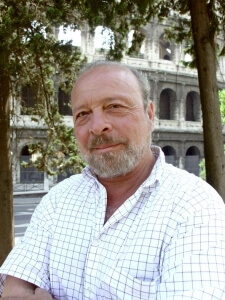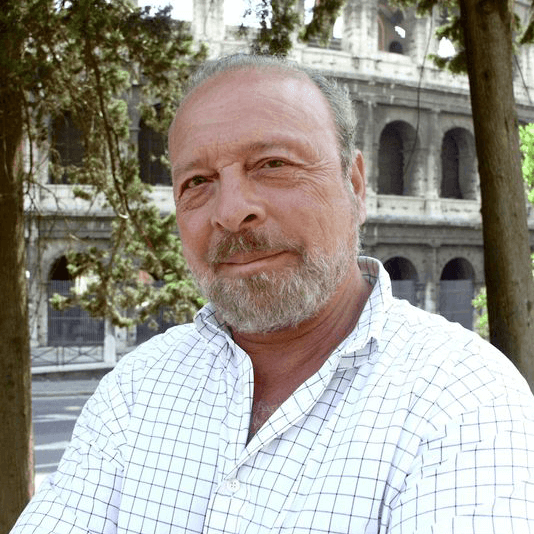Nelson DeMille on Writing…
TSM: Your books often have a great feel for the ongoing political climate—where do you get your news and sources of info on current events?
ND: My novels have been described as geo-political thrillers, which sounds impressive. I’m a news junkie and my major in college was Political Science and History, so I come to this subject with some knowledge and a lot of interest and curiosity. As for my sources, I have a few friends on Capitol Hill and a few friends in the New York Joint Terrorism Task Force, plus some sources in the NYPD. Being a bestselling novelist opens a lot of doors.

TSM: Tell us what your latest novel is about?
ND: All of my previous John Corey novels, except the first, Plum Island, deal with Islamic terrorism. But Radiant Angel has the resurgent Russians as Corey’s target this time. You can read the first couple of chapters for free on my website at www.nelsondemille.net.
TSM: Will there be more John Corey books in the future?
ND: Maybe. Depends on reader reaction to Radiant Angel. Corey pays the bills and I don’t want to bump him off. But if I sense that the reader is losing interest, and if I feel that I am losing interest in Corey, then maybe Corey needs a long vacation.
TSM: What is the single most difficult issue you face when working on a novel?
ND: Research, research, and research. All my books are thoroughly researched and I think the reader appreciates this and learns something within the context of fiction. I want to represent the world of the book accurately, but I don’t want to publish my research notes. So I weave in the facts and try to make it entertaining as well as informative.
TSM: What are you reading at the moment and which authors do you enjoy?
ND: My next book is set mostly in Cuba so I’m currently reading The Lonely Planet Guide to Cuba. Next will be some recommended books on Cuba and Cuban-American relations. Most of my reading time is spent on nonfiction that can inform the novel I’m working on. When I do read for pleasure, it’s mostly the classics and mostly dead authors, and mostly dead British authors. I love Conan Doyle, Graham Greene, Agatha Christie, and Somerset Maugham. The Brits know how to write.
TSM: The publishing industry is going through lots of turmoil and has for a few years—do you think we will get to a point where we have few brick-and-mortar bookshops and everyone will be downloading books?
ND: E-book sales have actually flattened out, and physical book sales have increased slightly. Brick-and-mortar stores will be with us forever, but they may concentrate more on books that don’t translate well into e-books, such as picture and art books, cookbooks, and other types of “gift books.” I wouldn’t want to read the Bible on my Kindle or Nook.
TSM: What would be the single book that you’d say had the most influence on you and why?
There are actually four: George Orwell’s 1984 and Animal Farm, and Ayn Rand’s Atlas Shrugged and Fountainhead. Dystopian books are cautionary tales for humanity. When we know what we don’t want the world to become, then we can work on what we do want the world to be. You can add Fahrenheit 451 to that list. At what temperature does a Kindle burn?

